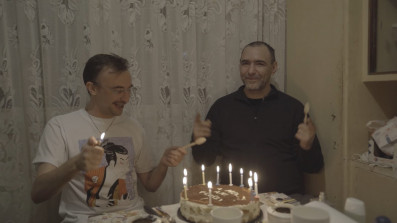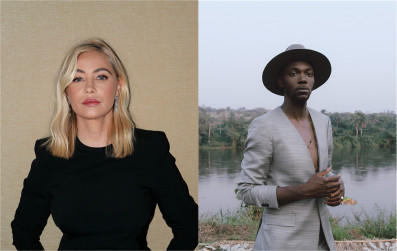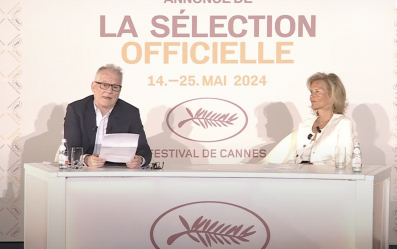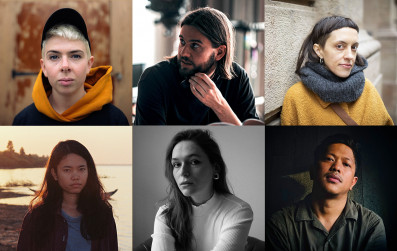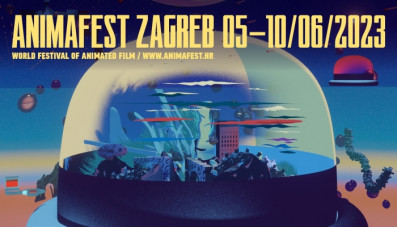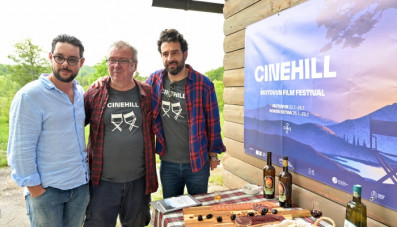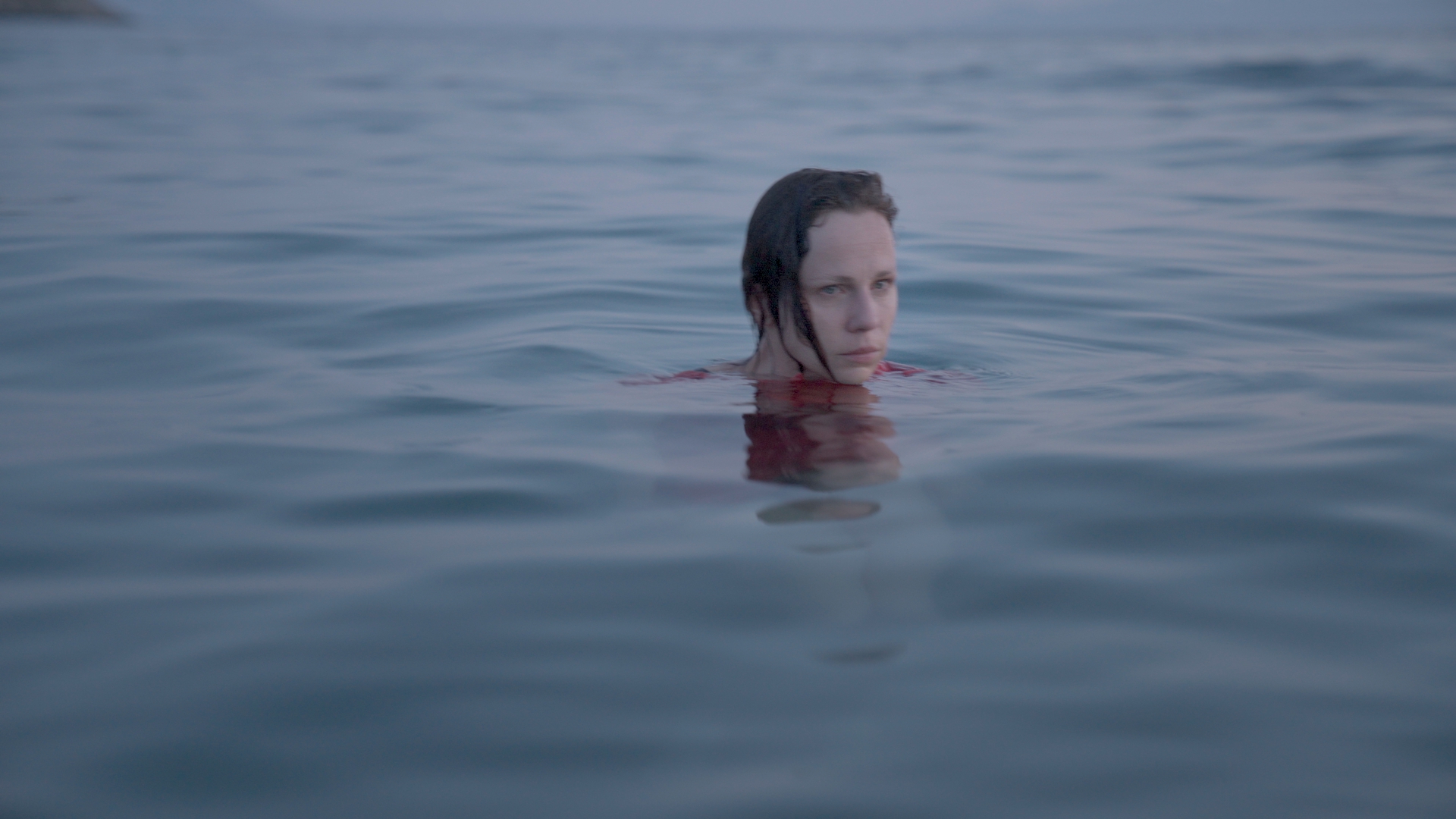
Pravo Ljudski Film Festival presents Feminist acts of play and imagination
Communicating struggles of body and mind in times of hyperdigitalisation
We are happy and proud to present to you Pravo Ljudski's feminist online program selection entitled Feminist acts of play and imagination. The programme starts today, December 8th and will be open to the audience until December 12th at pravoljudski.org
The thematic focus of the program are film gestures that celebrate, in she/her voices, the presence of what could not be erased or was intentionally not registered. Reflective and sensorial spaces where we can remember the pain, the struggles, the love and the capacity to be together that will make us outlive patriarchy.
The film Our Quiet Place by Elitza Gueorguieva follows the making of the novel that directors Belarusian alter-ego Aliona begins about her father, a maritime adventurer, physicist and dreamer, who disappeared off the Turkish coast in 1995. In accompanying this process of loss and emancipation through writing, the filmmaker invents her own visual language amplifying the tension between dream and reality, poetry and memory.
Plant (879 pages, 33 days) by Ruth Höflich, A revolt without images by Pilar Monsell and Ahorita Frames by Angelika Levi bring stories of lost woman history, revolt and torture. Director Höflich unfolds a story of the 1980s the transcript of a witch trial as a conversation between mother and daughter that switches between historical facts from the surviving testimony and personal, ancestral connections to the site. A collection of digital and analogue photographs, handled, scrolled and spliced throughout the film replace the missing protagonists, determined to conjure the space between unseen histories and intergenerational transmissions. On the other side, director Monsell tells us about one of the most unknown uprisings of our history, “The bread mutinery”, which was led by women in Cordoba, May 1652. There are no faces, there are neither names. There is no image of them. Still, gestures of resistance that we cannot see can be remade? Levi's work takes place at the PedWest border crossing in Tijuana where stranded migrants re-stage the history of the Latin American women who cleaned the “Ground Zero” of the World Trade Center without residence permits and without proper respiratory protection.
The final group of our feminist films share an obsession with the tension between the aural and the visual and its political, ethical, and aesthetic implications. These films think about background and foreground, and about how listening is a tool to move into the depths of seeing. First of them, The Hand that Sings by Alex Reynolds & Alma Söderberg follows a voice that says ‘bird’ and a bird appears in the eye when only a second ago it was a hand, or a tree, or a whistle. The next film, The Capacity for Adequate Anger by Vika Kirchenbauer constitutes an attempt at a personal and self-reflexive form of artistic critique that considers contemporary art, in its production as well as its presentation, from a perspective of class. Alongside questions around the intersections of negative affect and political agency, the work problematizes notions around upward mobility that the field of contemporary art both produces and presupposes. Deploying an essayistic approach, the video work reflects upon the manifold meanings of distance in both its subjective and social senses. Finally, First Birthday After the Apocalypse by Farah Hasanbegović brings the end of the world in a crossover between a cooking show and animated images, where a child recalls its first encounter with depression.
“How can shame be communicated?”; “Do places like that exist?”; “Isn’t everyone also worried?”; “She was accused by her own relatives, did you know that? She was a plant woman, what was her name again?”; “Why is this so damn hard and takes so damn long?; “Do you have a bit of time?”; “How many miles does one have to travel to reach one's centre?”. These are some of the questions that can find us in these seven films. The screenings are exciting to me because together at the cinema and online, we can try some provisory answers. With this message from programmer Adrianna Quena, we invite you to join the screening and conversations!
The 16th edition of the Pravo Ljudski Film Festival has been generously supported by the National Endowment for Democracy (Washington), and many other partners, while the Special Programme More than Anything Else I Wanted to Stay Awhile is made possible with the support of the Embassy of Brazil in Bosnia and Herzegovina.
For all information about the availability of films, and all other festival activities, please follow our website pravoljudski.org, social networks, and the hashtags #plj16 and #pravoljudski16.



